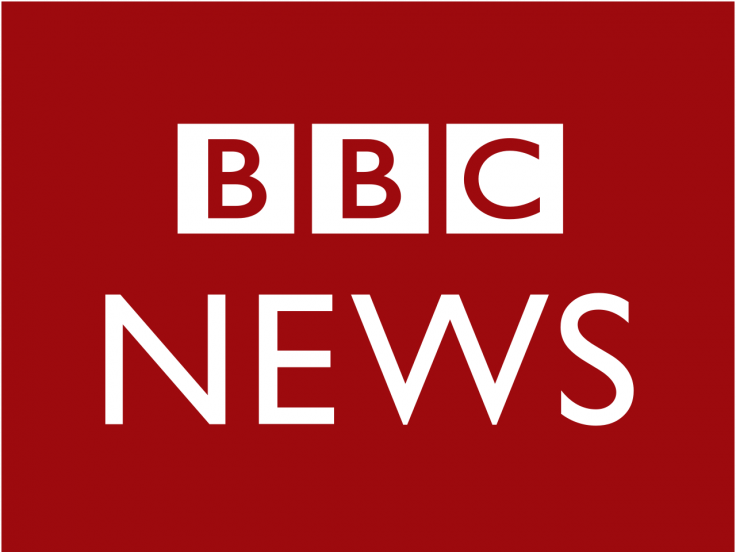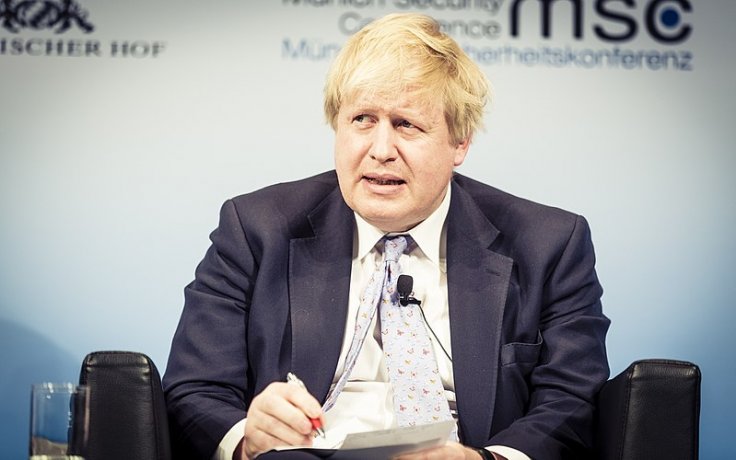For quite some time, the British Broadcasting Corporation (BBC) has faced complaints of bias in its reporting. These charges have become solidified by the conduct of some of its prominent faces. Now, David Jordan, head of standards in the corporation, has accepted this charge and laid the blame on certain journalists' addiction to Twitter.
Jordan was speaking in front of the communications and digital committee of the House of Lord's when he made this candid admission. Already, some members of the BBC's team of journalists have been reprimanded by the senior editorial staff for their comments on social media.
The corporation is also conducting a review of the same issue. This matter became even more pronounced after the corporation was inundated with complaints about the partiality of some of its well-known presenters.

Notable examples include prominent anchor Emily Maitlis openly criticizing the government during a broadcast and Huw Edwards liking a tweet encouraging people to vote for Labour Party in last year's elections. Professor of Journalism at Cardiff University Richard Sambrook has been roped in to help BBC overcome this problem.
Long-standing Problem
BBC's lack of impartiality has been criticized for a long time and conservatives have felt more slighted than others. Even the current Prime Minister Boris Johnson has targeted the public broadcaster for tilting too much to the left on several issues.
"We have had issues about the use of social media in the BBC where people have not adhered to our standards or have overstepped the mark," Jordan stated, adding further that, "We have had issues, for example, about tracking the rise of Eurosceptism. Across the BBC, did we do that adequately? No, we didn't.

"We had issues around tracking the growth of concern about immigration. I hope we've learned from those experiences and we are applying them now to making sure we do understand what people right across the country in every part of the UK think," he said.
Irresistible Twitter
Jordan also thinks the lure of social media proves too hard to resist for many anchors and prominent faces in the organization. That's because platforms like Twitter provide instant access to viewers and get the users' likes and, in some cases, more viewers for their shows.
"The way social media has developed in recent times, particularly Twitter, has become adversarial, more argumentative, more combative, more polarised, and sometimes toxic. It can suck people in, the immediacy of it can be alluring, the live dynamics of it can be seductive to some people," the senior BBC functionary further added.
BBC isn't the only media outlet in the western world accused of being dominated by people of one particular type of political affiliation. It is common in democracies across the world, including those outside the western sphere, to have the supposedly neutral journalists slanting towards the leftist viewpoint. BBC's famed impartiality is under great stress.


